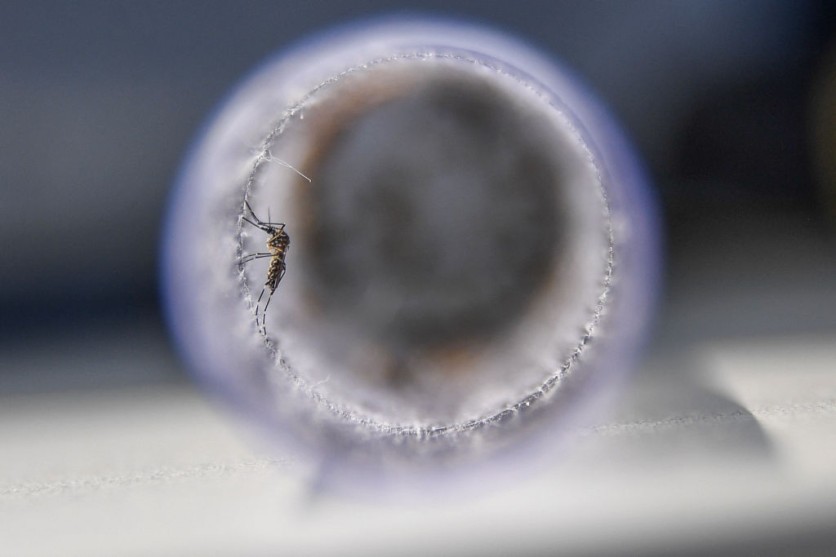The U.S. Food and Drug Administration (FDA) has approved a cutting-edge vaccine developed specifically to prevent chikungunya virus infection.
This single-dose vaccine, named Ixchiq, is licensed for people at high risk of viral exposure, according to a report from US News & World Report.
The mosquito-borne Chikungunya virus has become a global health issue with over 5 million instances documented in 15 years.
Virus transmission is common in tropical regions such as Africa, Southeast Asia, and the Americas. Climate change brings these harmful insects to new areas.

The CDC says chikungunya was not a concern for Americans returning from overseas until 2006. However, the health agency found the virus in several hundred US tourists from 2006 to 2013.
A Serious Public Health Concern
Due to the seriousness of chikungunya and the potentially fatal complications it brings, the French biotechnology company Valneva's vaccine received "accelerated approval" from the FDA. Ixchiq is advised for those who are at a higher risk of acquiring the virus and who are at least 18 years of age.
Chikungunya cases in the US first appeared in late 2014, and the virus thrives in milder climates like those of Florida, Texas, Puerto Rico, and the US Virgin Islands. According to Dr. Peter Marks of the FDA's Center for Biologics Evaluation and Research, the elderly and those with preexisting medical conditions are at a higher risk of complications from Chikungunya.
With the FDA's approval of the Chikungunya vaccine Ixchiq, health experts are optimistic that the move might stop the nasty viral disease that does not have treatments available as of now
"Today's approval addresses an unmet medical need and is an important advancement in the prevention of a potentially debilitating disease with limited treatment options," Dr. Marks noted, as quoted by USA Today.
Here's What to Know About Ixchiq
Chikungunya causes fever, joint discomfort, headache, muscular pain, and a rash. Severe joint pain may last for years. Research suggests that 20-30% are going to be chronic. Moreover, chikungunya may pose a potentially fatal risk to infants, per CNN.
Ixchiq vaccine comprises a live, attenuated strain of the virus, which has the potential to induce symptoms akin to those of a genuine infection.
The FDA has mandated a post-marketing investigation to monitor the vaccine for potentially severe adverse effects. Throughout the Chikungunya vaccine's approval studies, the following adverse effects were documented: headache, joint and muscle discomfort, fever, injection site tenderness, and fatigue.
A mere 2% of vaccine recipients experienced severe adverse reactions necessitating medical intervention, with a negligible proportion of those cases requiring hospitalization.

ⓒ 2026 TECHTIMES.com All rights reserved. Do not reproduce without permission.




